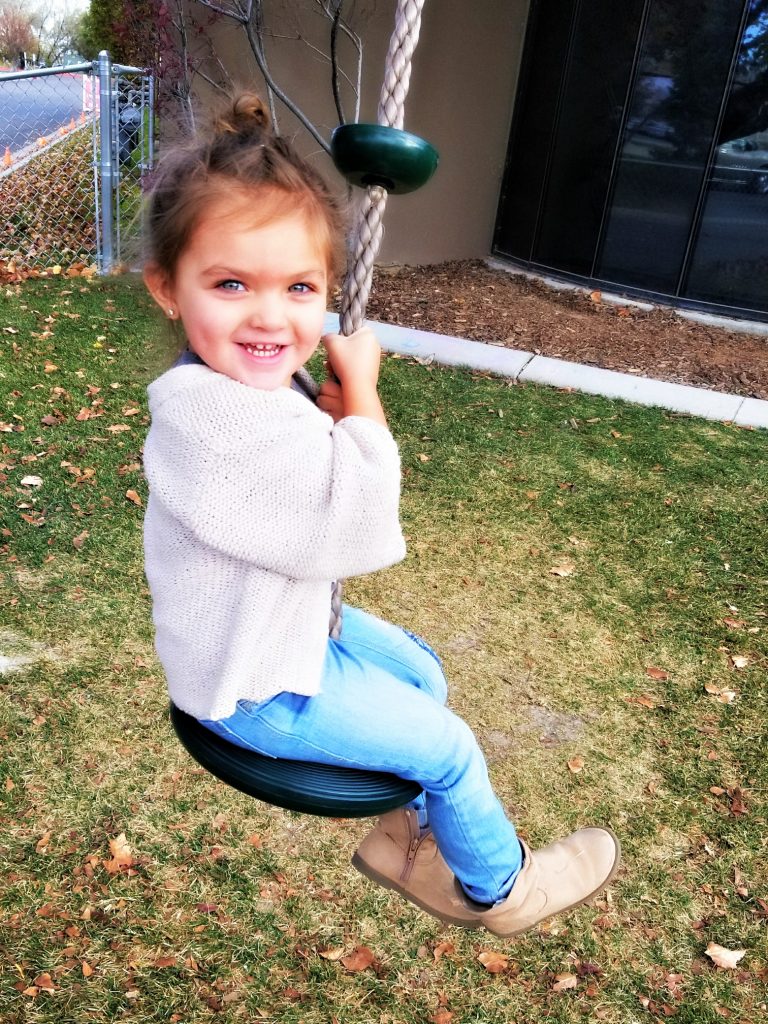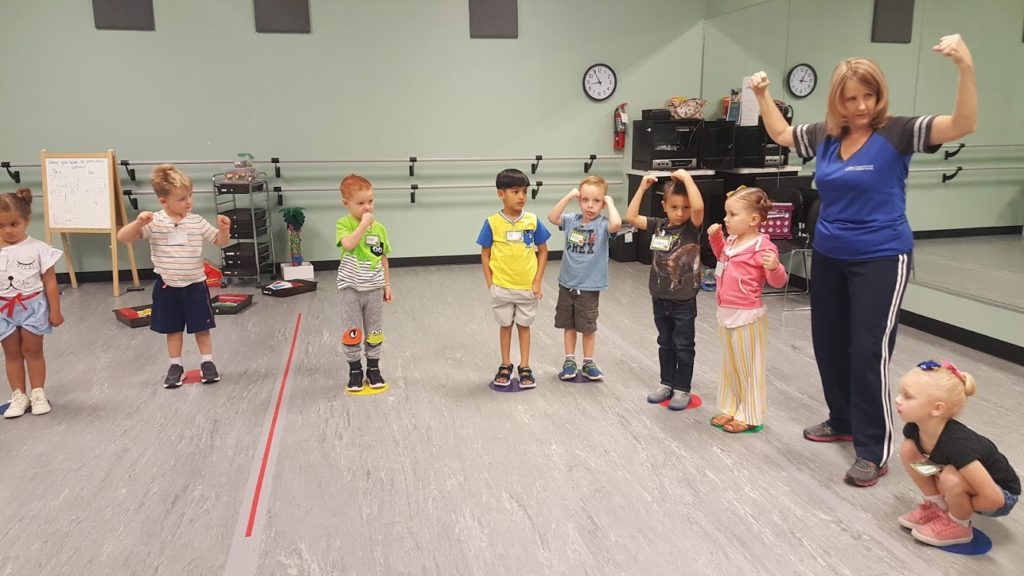Sigh.
Are there any words that are more grating to a parent’s ear in the midst of trying to get out the door, eat dinner in a hurry, or tidy up a room before bedtime?
Perhaps not. But hang in there, moms and dads. Allowing your child to develop independence as a preschooler is one of the best gifts you can give to your child’s future.
Building independence is critical to your child’s development. Independence helps your child build social skills, allows them to feel they have control over their life, and leaves them feeling confident and secure. They feel they have something to contribute, and feel they belong. Read on for why it’s so important for you to teach independence, and some simple steps you can take to nurture this quality.
Trial and Error Is a Great Teacher
Think about the big mistakes in your life. Maybe you made a bad investment, dated someone who wasn’t right for you, or chose the wrong major in college. Chances are, you learned quite a bit from those mistakes. Maybe you became more careful with your money, your heart, and your career decisions.
But have you ever stopped to think about your little mistakes and what you’ve learned from them? Maybe you burned dinner. Well, now you know not to try and catch up on Instagram while you’re cooking. Maybe you picked up your child late from school. Now you know you need to set a timer for five minutes earlier than you thought. Each mistake — and each victory — gets you one step closer to managing your life they way you want to.
Your children deserve to learn the same lessons — but on a mini level. When your preschooler fumbles with the zipper on his hoodie, he’s learning patience, along with hand-eye coordination and small motor skills. It may take him months to finally do it on his own, but as you stand back and let him first try, he’ll learn valuable lessons.
When your preschooler writes her name without help, it’s cause for celebration — and no doubt she learned it from many trials and errors.
Self-Esteem Comes from Accomplishment
When your preschooler tries something — and succeeds — her confidence soars through the roof. She jumps, she smiles, she claps… she’s proud. And she should be! Working hard at something gives your child confidence and self-esteem, especially when she finally succeeds. When adults step in and interrupt the process of trying, it communicates to the child that they don’t necessarily believe she can do whatever it is she’s trying to do. When we step back, we’re showing we have confidence.
Stress Is Part of Life
Failure and stress are just a part of life. When your preschooler has a chance to work through stressful situations, he learns how to handle that stress without falling apart (over time, of course). Many of the things preschoolers need to learn to do independently — like writing their name, using the potty, washing their hands, doing small chores, walking into preschool without Mom and Dad — can be stressful. But each time your child conquers that stress, he becomes more independent and better equipped to handle the next stage of his life.
There is no need to come up with stressful situations for your child to overcome. Much of being a small child is already stressful. Your child needs you to gently guide her to independence at her level through the stressful moments of her life.
Independence Breeds a Desire to Help
Independence allows a child to feel confident in their social circles. And this gives them the ability to be aware of others and their needs. And because they feel confident, they also feel they can reach out and help a peer or another person who is struggling.
When your child can rely on himself to accomplish age-appropriate tasks, he has the freedom — and the desire — to look around him and find others to help.
Things You Can Work on to Encourage Independence
Don’t turn any of this into a fight, and don’t worry if you aren’t teaching your child each of these items. Just keep independence in mind, and gently work on it. Remember — a 2-year-old’s level of independence will be nowhere near that of a 4-year-old’s.
- Let your child choose his own outfits
- Teach your child to dress herself (For a 2-year-old, this may mean just getting the shirt to sit on top of her head, while a 4-year-old can eventually do the whole process himself)
- Give your child age-appropriate chores
- Write a simple grocery list to accompany your grocery list (draw pictures for pre-readers) and ask your child to be on the lookout for those items
- Let your child participate in meal prep — measuring, pouring, stirring
- Let your child pay for small items with cash
- Let them make their own decisions on non-critical things (Safety is never negotiable, but foregoing a hoodie on a slightly chilly day is fine.)
- If your child can do it herself, let her
- Praise your child when he shows independence or solves a problem on his own
[Read more tips for helping your preschooler learn independence]
If you’d like to see how we teach independence at UDA Creative Arts Preschool in Draper, Utah, give us a call at (801) 523-5930, or request a tour.


